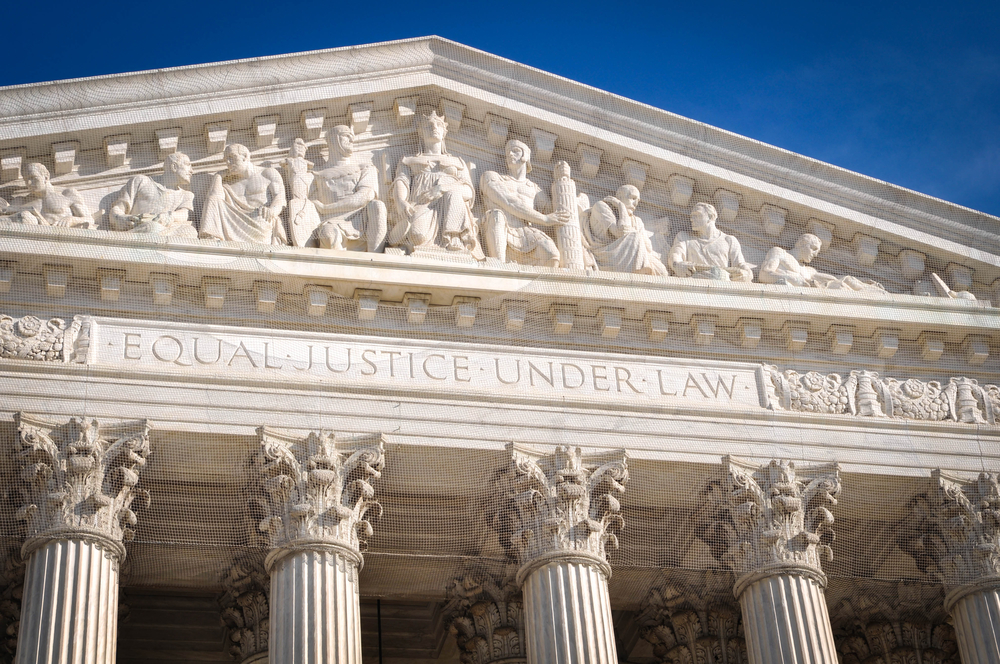
On March 20, 2019, the Supreme Court deferred ruling on the settlement of a class action brought against Google. The underlying action was based on Google’s transmission of a users’ search terms, i.e., “referrer headers”, to its actual clients. Class counsel argued that the transmission and storage of these referrer headers was in violation of both federal and state law given those conducting the searches never gave proper consent.
In remanding the case to address a potential lack of standing, the Court ruled “[b]ecause there remain substantial questions about whether any of the named plaintiffs has standing to sue in light of our decision in Spokeo, Inc. v. Robins, 578 U. S. ___ (2016), we vacate the judgment of the Ninth Circuit and remand for further proceedings.” This was obviously the correct ruling given a court cannot even hear a matter unless there is proper standing to sue. Given that the Supreme Court only decides matters properly on appeal and the question of standing was not put before it, the matter required a remand.
Disregarding the tortious procedural history of this near-decade old case or the reasons why standing may not exist, this case will hopefully substantively address the court-approved settlement that would require “Google to include certain disclosures on some of its webpages and would distribute more than $5 million to cy pres recipients, more than $2 million to class counsel, and no money to absent class members.” In other words, the Court will hopefully decide whether the lower court improperly approved the settlement given the individuals purportedly harmed would not have received a penny and the alleged improper conduct described in the complaint would have still continued unabated.
In his Dissent, Justice Thomas believed the bare minimum threshold of standing was met and the case should have been reversed on substantive grounds because the cy pres fund settlement was violative of the Rules as it offered no compensation to the certified class. As previously discussed, cy pres fund settlements – which can provide millions to advocacy groups approved by the defendant, hardly evoke the hallmark of justice given those purportedly harmed actually receive nothing. Indeed, the use of cy pres funds has long been “a troublesome trend in privacy class action settlements given it allows plaintiffs’ counsel to quickly file and resolve class actions before actual damages can be made readily apparent.” It is no surprise various Attorney Generals have pushed hard against these sort of settlements.
As pointed out by one of the attorneys who appealed this Google case to the Supreme Court, today’s ruling likely “simply delays the day of reckoning for this unfair practice.” Justice Thomas recognized today that there was something particularly odious about a settlement that only benefited lawyers and those third-party organizations acceptable to the Defendant. Hopefully, in the near future the full Court will reach the same conclusion and put an end to this unsavory practice of rewarding a defendant’s “non-profit partners” rather than the actual litigants.